Lifestyle
15 Things You Should Let Go of After Retirement

Retirement isn’t just the end of work—it’s the beginning of something new. But entering this chapter with peace and joy often means learning to let go. Old habits, outdated expectations, and emotional baggage can weigh you down if you’re not careful. Here are 15 things you should consider leaving behind to truly enjoy the freedom retirement brings.
The need to stay busy all the time.
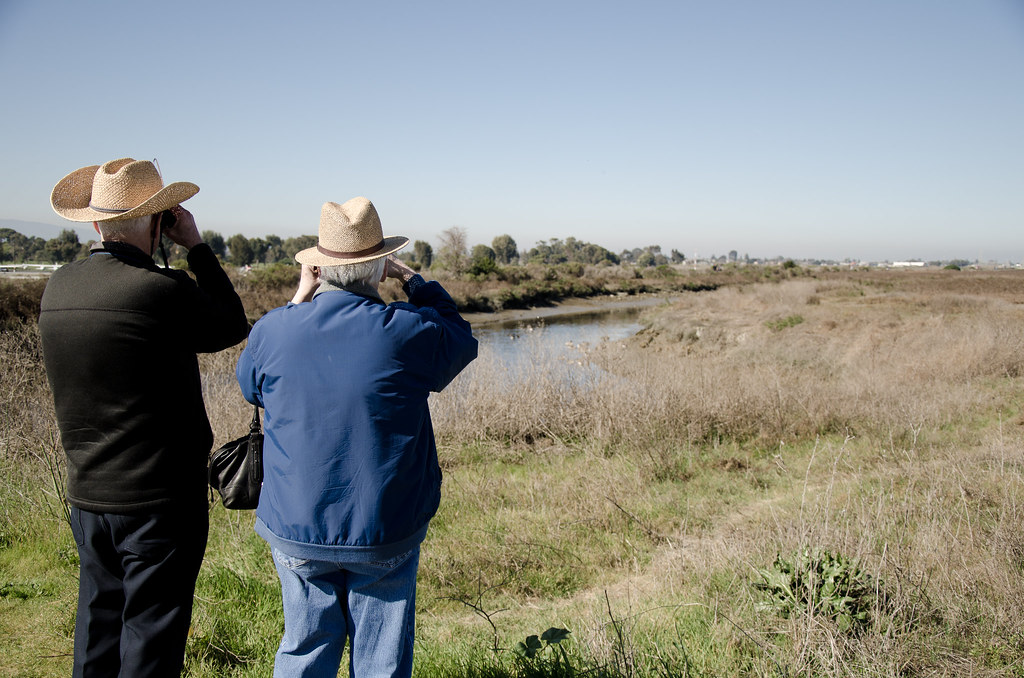
Many people associate worth with productivity, but retirement doesn’t need to mimic a 9-to-5 life. Constantly filling your calendar can keep you from enjoying simple moments. Letting go of the urge to stay “busy” opens space for rest, curiosity, and slow mornings that aren’t dictated by a to-do list. It’s okay to be still, to savor, and to do less without guilt.
Chasing external validation.

During your working years, praise from bosses or professional success might have felt essential. But in retirement, fulfillment should come from within. Let go of the need for others to approve of how you spend your time. Whether you’re gardening, painting, or simply enjoying quiet days, it only needs to feel meaningful to you—not impressive to anyone else.
Comparing yourself to others.

A friend just posted vacation photos from Greece. Another just bought a second home. It’s easy to fall into the trap of wondering if you’re doing retirement “right.” But joy doesn’t come from matching someone else’s journey. Maybe your joy is in morning walks, crossword puzzles, or painting in the garage. The more you focus on what feels good to you, the less noise everyone else’s life makes.
Holding onto workplace identity.

For decades, your job may have defined a big part of who you were. But now, it’s time to rediscover the parts of you that existed outside of work. Let go of the need to introduce yourself by what you used to do. You’re more than a title. Exploring new hobbies, interests, and friendships helps create a refreshed identity that’s not tied to a paycheck.
Fearing aging.

You notice it in the mirror first—slower recovery, a few more aches, or needing brighter light to read. It’s natural to feel unsettled. But chasing youth can leave you stuck in a place you’ve already outgrown. Aging isn’t something to battle; it’s something to grow into. When you stop clinging to what was, you make room for new forms of confidence, comfort, and calm that only come with time.
Guilt about putting yourself first.
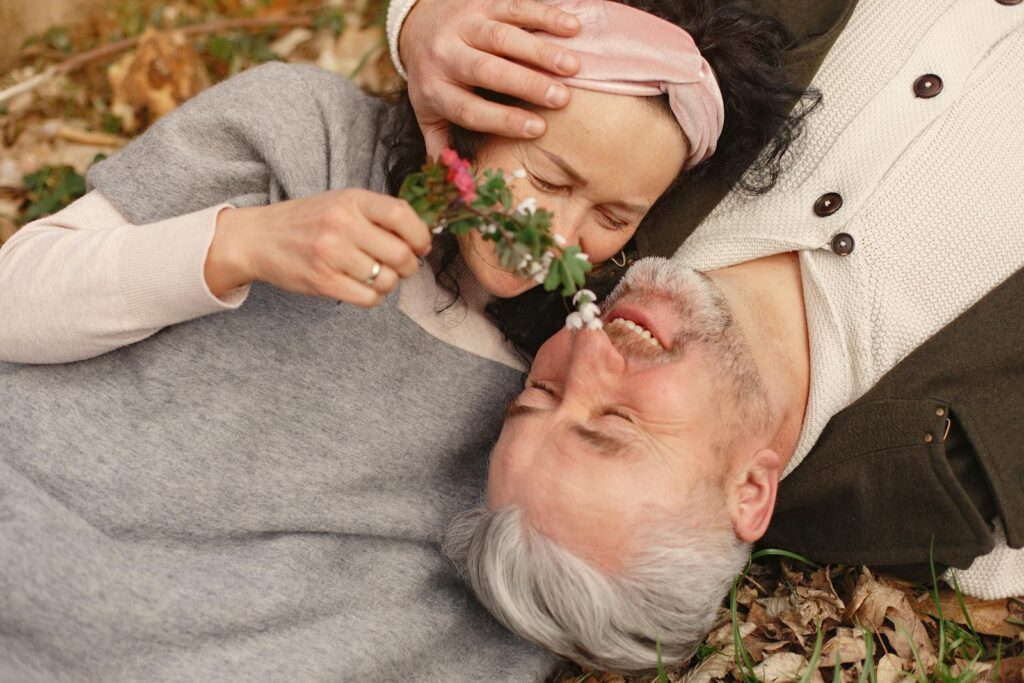
Throughout life, many people put others first—children, careers, aging parents. Retirement is a rare window to prioritize your own needs without apology. Let go of the guilt around self-care, slow mornings, or choosing what makes you happy. It’s not selfish to protect your peace. It’s necessary. You’ve spent years showing up for others—now it’s your turn.
Keeping toxic relationships out of habit.

Just because someone has been in your life for years doesn’t mean they still deserve space in it. Retirement is a chance to evaluate which relationships actually nourish you. Let go of people who drain your energy, even if the history is long. It’s okay to choose peace over obligation and to make room for connections that bring joy, not stress.
Trying to control everything.

Years of managing households or careers can leave you in the habit of trying to oversee every detail. But in retirement, there’s freedom in letting go. You don’t need to plan every hour or worry about everyone else’s choices. Life unfolds more gently when you release the need to be in charge of everything. Let others help, and let yourself breathe.
Perfectionism.

Not everything needs to be done the “right” way. Letting go of perfectionism allows you to try new things without pressure. Whether it’s learning to paint, cooking a new recipe, or writing a memoir, it’s okay to do it badly at first—or forever. Retirement gives you room to be curious without needing to be excellent. Let it be joyful, not perfect.
Financial anxiety from the past.
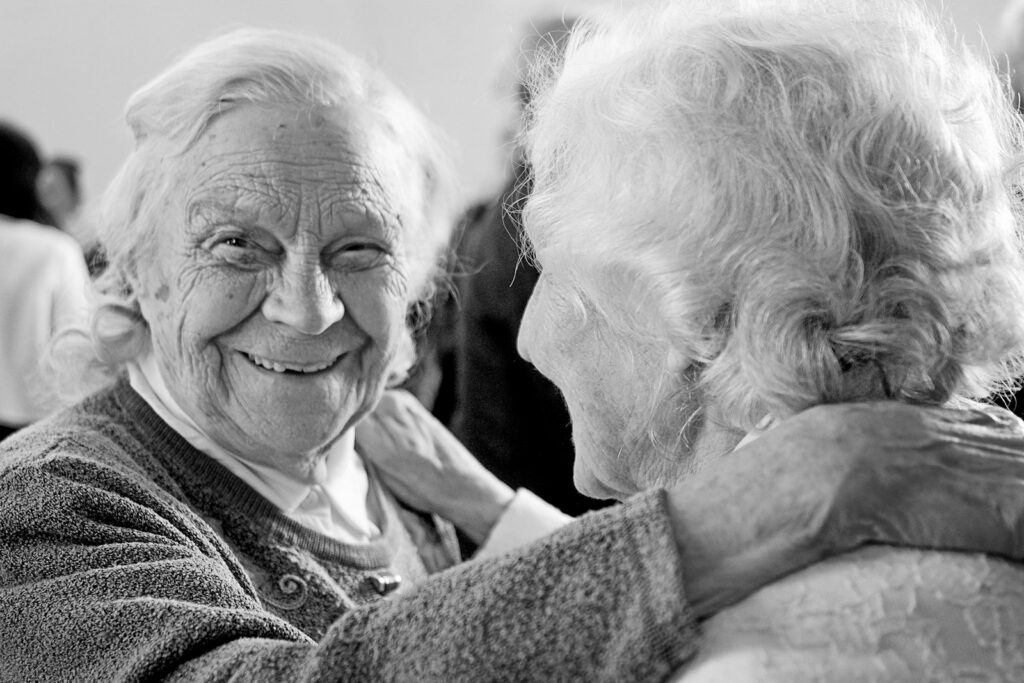
You’ve spent years budgeting, saving, and working hard. Now’s the time to stop replaying old fears about money if your needs are met. Letting go of that constant stress doesn’t mean being reckless—it means trusting the preparation you’ve already done. Enjoying what you’ve built is part of what you worked for. You don’t need to hold onto fear to be responsible.
Obligations that no longer serve you

You might’ve said “yes” to things out of duty or expectation. But retirement offers a rare chance to reset. If a weekly commitment or long-time responsibility no longer brings you joy, it’s okay to step back. Letting go of outdated obligations frees you up for new experiences that feel more aligned with this stage of life. Your time is your own again.
Worrying about being “useful”.

Productivity doesn’t define your value. Let go of the idea that you must prove your usefulness to anyone. You don’t need a packed schedule or volunteer hours just to feel valid. Rest, reflection, or simply enjoying your days has meaning too. You’ve already contributed so much—this is your moment to receive, not to constantly give.
Unrealistic expectations of adult children.
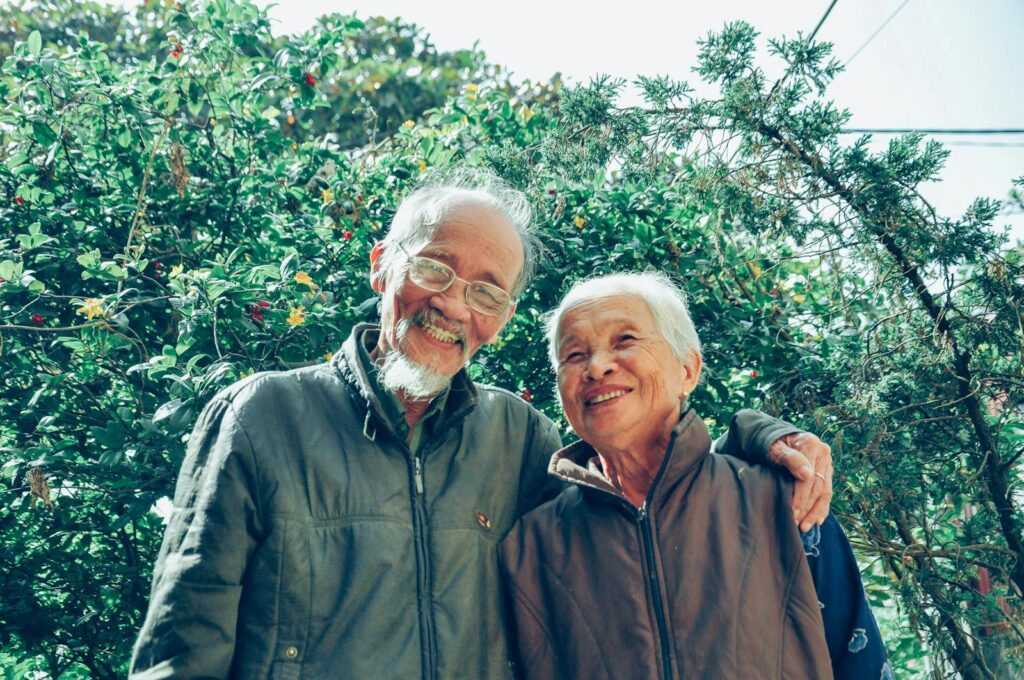
It’s natural to want to stay close to your kids, but holding onto rigid expectations can strain relationships. Let go of the idea that they’ll always call, visit, or behave a certain way. They’re navigating their own lives, just as you did. Giving them room to grow—and doing the same for yourself—creates a bond based on mutual respect, not obligation.
The idea that it’s “too late”.
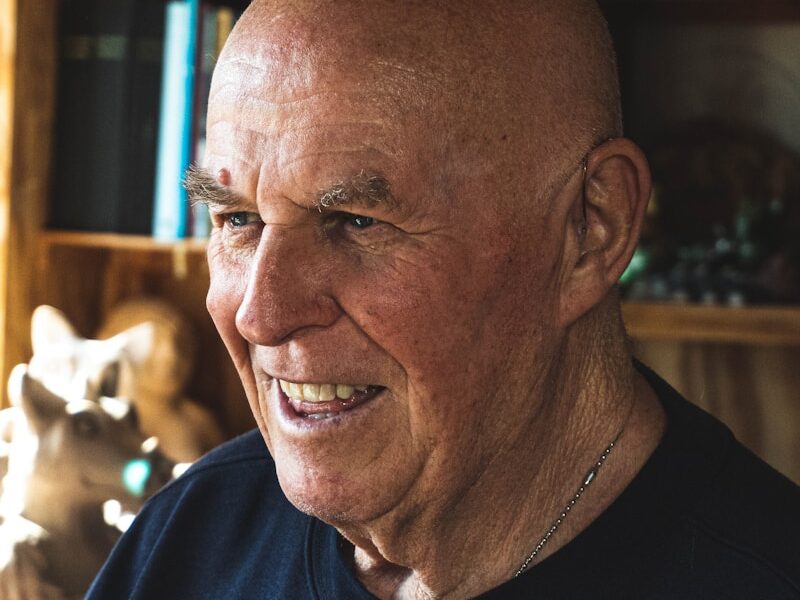
Retirement doesn’t mean your story is finished. Let go of the belief that your best years are behind you. It’s not too late to learn a language, move to a new place, fall in love again, or try something totally outside your comfort zone. This is your blank slate. The next chapter is unwritten—and there’s still so much to discover.
Bitterness about what could’ve been.

Looking back is part of life, but holding on to regrets only steals from the present. Let go of what didn’t happen, what went wrong, or what others failed to do. You can’t rewrite the past, but you can make peace with it. Retirement offers the space to heal, forgive, and refocus on what’s still possible. Lightness comes from loosening your grip on what’s already gone.

